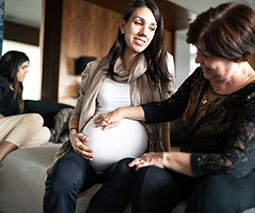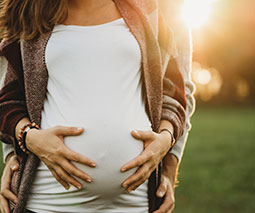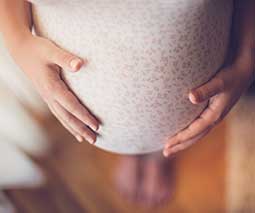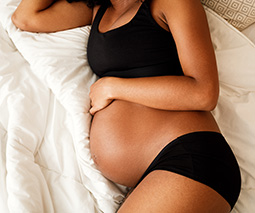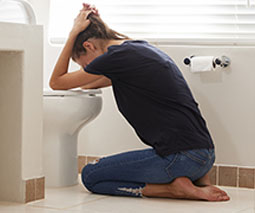Pregnancy tests: How soon can you take a pregnancy test?

For most women who are actively planning a family, one of the most exciting and nerve-wracking things to do is to pee on a stick and do a pregnancy test. Some women even keep their positive pregnancy tests as a memento.
Pregnancy tests work by testing for the human chorionic gonadotropin (hCG) hormone which appears in a woman’s urine when she is pregnant. The hormone is produced by the woman’s placenta as it begins to develop. In the early stages of pregnancy, this hormone increases rapidly and doubles every few days but it can actually take a few weeks for it to develop.
How soon can you take a pregnancy test?
According to Better Health Victoria, most store-bought tests are best used one to two weeks after your period is due.
How early pregnancy can be detected with a store-bought test really depends on the type of test a woman buys. Even though they are all designed to detect pregnancy, there are some differences between the cheaper pregnancy tests and the more expensive ones.

More expensive brands, often digital, are generally more sensitive and designed to detect hCG earlier. They are able to pick up hormone levels as low as 15mIU/ml and can be used as soon as ten days after ovulation. Whereas non-digital tests can’t detect hCG until it is at a higher level of around 40mIU/ml and therefore have to be done later in a woman’s menstrual cycle.
When do false positives and negatives most likely occur?
Sometimes a home pregnancy test can show up a positive indicator when a woman isn’t actually pregnant, and occasionally may also show a negative result when a woman is pregnant. This can happen for a number of reasons; such as:
- compromised urine inside the collection cup (caused by detergent residue or other)
- a faulty test kit
- not waiting long enough for the results to show
- blood or protein present in the urine
- certain medications
- a recent miscarriage (which may mean the levels of HCG are still being detected)
- some other type of hCG-producing growth like an ovarian tumour
- if a woman has had too much to drink prior to taking a test, the results can be affected because the urine can be so diluted and hCG levels are not able to be detected
It’s important to note that research has shown the accuracy of store-bought pregnancy tests can fluctuate between being as little as 59 percent to as big as 99 percent accurate, depending on the type of test.
For this reason, it’s important for a woman to always read the individual manufacturer’s instructions clearly, and follow up a home pregnancy test with a visit to her GP.
